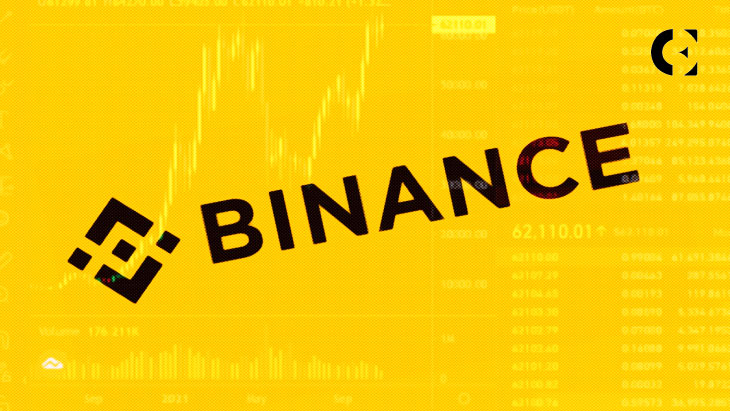- Binance slashes the token recovery fee from $500 to just 5 USDT.
- Smart Retrieval now supports chains like ETH and MATIC, reducing user error costs.
- Binance streamlines fund recovery with a 14-day maximum wait and simple clicks.
Binance has reportedly updated its customer support offerings, integrating a wide selection of “smart retrieval” cryptocurrencies into its service. This update is said to facilitate the recovery of tokens deposited in error by users at a greatly reduced fee.
The cost for retrieval, which previously could amount to as much as $500, has now been standardized to 5 USDT, marking a notable shift in the exchange’s approach to user support. The exchange’s “smart retrieval” function reportedly aims to address accidental deposits of unsupported tokens over a variety of blockchain networks, including but not limited to MATIC, TRX, BSC, FTM, ETH, and HT.
It has further come to light that, alongside the lowered retrieval fees, Binance has expanded support to include a range of on-chain currencies like BASE, NEAR, and ZKSYNCERA. This expansion is allegedly in response to user feedback and illustrates Binance’s attention to evolving its services to meet user demand.
Moreover, the introduction of an easy retrieval process has also been mentioned, where users who inadvertently deposit unsupported tokens can now reportedly trigger an automatic refund mechanism. This process has been simplified through a ‘retrieve now’ button that appears in the user’s transaction history, purportedly streamlining the return of funds to just a simple click.
The recovery time has also been improved, with Binance aiming to return funds within a maximum of 14 working days. The strategy employed by Binance to handle deposit inaccuracies involves a structured system where the resolution timeframe and associated fees are said to be dependent on the error type. This approach allows for a more customized solution for users’ varying issues.
Disclaimer: The information presented in this article is for informational and educational purposes only. The article does not constitute financial advice or advice of any kind. Coin Edition is not responsible for any losses incurred as a result of the utilization of content, products, or services mentioned. Readers are advised to exercise caution before taking any action related to the company.










